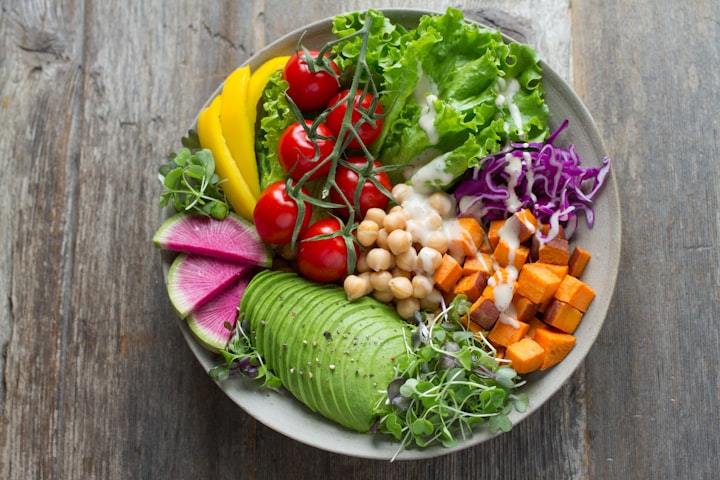Vegan Diet : Is it really worth ?
Demerits of Vegan Diet

There is a major misconception in our society is that Non-vegetarians are heartless because they kill & eat animals. The other misconception is that it is very difficult to digest non-vegetarian food items or in other words non-vegetarian food may cause many health issues. These myths were spreading around for so long and eventually it ended up in a new form of diet called the Vegan diet.
It is actually a type of plant-based diet that eliminates all animal products, including meat, dairy, eggs, and honey. This means that those following a vegan diet consume only foods that come from plants, such as fruits, vegetables, grains, legumes, nuts, and seeds.
Even a group of non-vegetarians feel guilty about their food preference and plan to convert as vegans against their nature. On the other hands vegetarians also feel that they enhance their food preferane and become vegans altogether. Vegan fever has caught up well among the society that may restaurants offer vegan breakfast and there are few other special restaurants
which are completely vegan.
Well, in this post lets look at the difficulties in becoming vegans and other problems of vegan diet.
There are several potential disadvantages to being a vegan, including nutritional deficiencies, social isolation, and difficulty finding suitable food options.
One of the main concerns with a vegan diet is the potential for nutritional deficiencies, as certain essential nutrients are more difficult to obtain from plant-based sources. For example, vegans may be at risk for deficiencies in vitamin B12, which is found primarily in animal-derived products. Vitamin B12 is essential for proper brain function and the formation of red blood cells, and a deficiency can lead to fatigue, anemia, and nerve damage. Vegans also may be at risk for deficiencies in iron, calcium, and omega-3 fatty acids. To mitigate this, it is important for vegans to carefully plan their diets to include a variety of nutrient-dense plant-based foods, such as leafy greens, nuts, and fortified plant-based milks. They should also consider taking supplements to meet their nutritional needs.
Another potential disadvantage of being a vegan is social isolation. Many social events and gatherings revolve around food, and it can be difficult for vegans to find suitable options. For example, it may be difficult for a vegan to dine out at a restaurant or attend a family barbecue where the main dish is meat-based. This can make it hard for vegans to fully participate in these social activities and can also make them feel like they are being excluded.
Finding suitable food options can also be a challenge for vegans. Many products contain animal-derived ingredients, and it can be difficult to find suitable alternatives. For example, many processed foods contain casein (a protein found in milk) or gelatin (a protein derived from animal bones), which can make it difficult for vegans to find suitable options. Additionally, some vegan substitutes, such as plant-based meats, can be costly and may not be widely available.
Additionally, there are some people who may argue that a vegan diet can be more expensive than a diet that includes animal products, as some plant-based foods can be costly, and some may argue that the cost of supplements may be higher than that of animal-derived products.
Another disadvantage can be the lack of understanding or support from friends and family. Some people may not understand or agree with a vegan lifestyle and may not be supportive of it. This can make it difficult for vegans to maintain their dietary choices and can lead to feelings of isolation and frustration.
Some people argue that a vegan diet is less sustainable than a diet that includes animal products. For example, some argue that the production of plant-based foods can require large amounts of water and land, and that the use of pesticides and fertilizers can be harmful to the environment. Additionally, some argue that the transportation of plant-based foods can be more environmentally damaging than that of animal-based products.
By nature you can be a vegetarian or a non-vegetarian. Understand that there is nothing wrong about the nature of your food preference. Don't get carried away by social pressures or compulsions and modify your food choice. Whatever food choice that matches or adapts to your mind and body just be with it.
End of the day, its your body, your choice . Choose it wisely or stay with the way it is.
About the Creator
Arun Ramasamy
Nature Lover, Just go with the flow, techno freek.
Do what you can.. don't when you cannot.






Comments
There are no comments for this story
Be the first to respond and start the conversation.